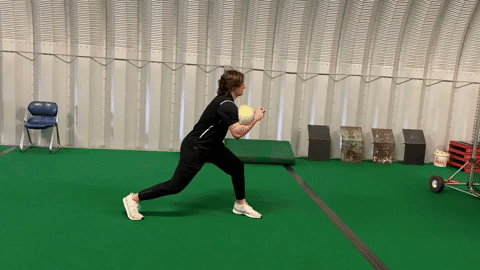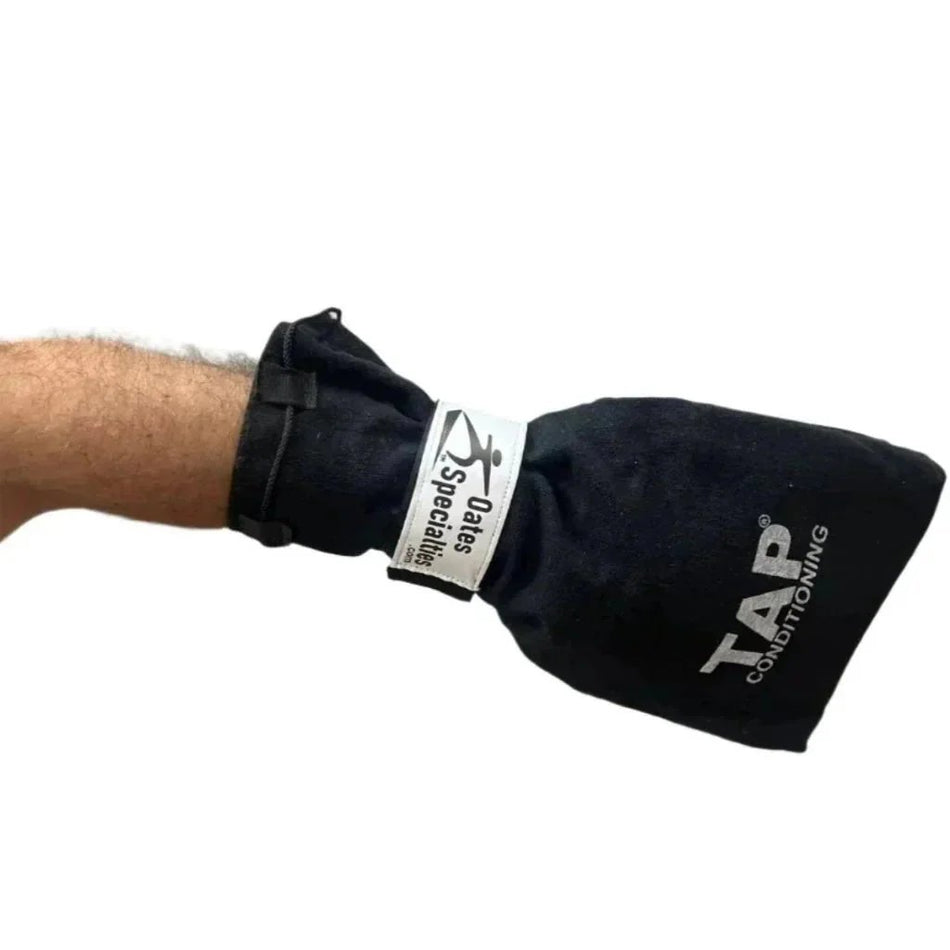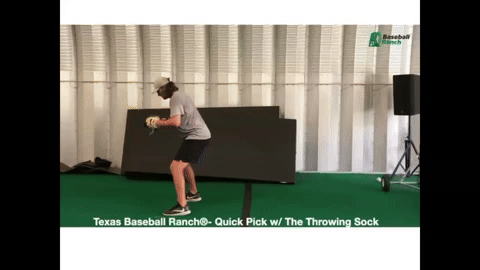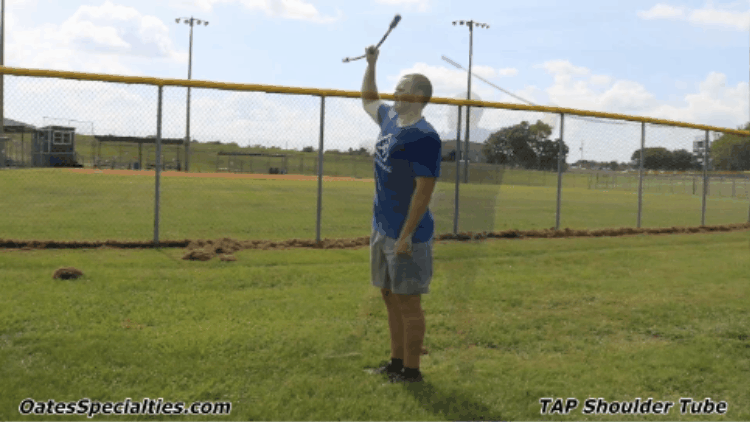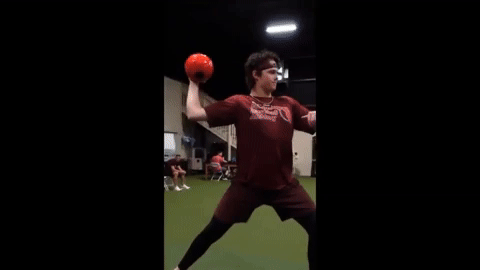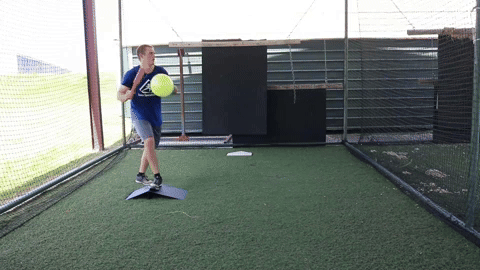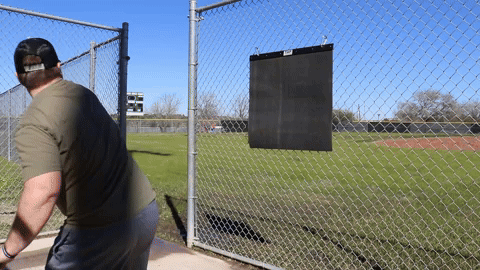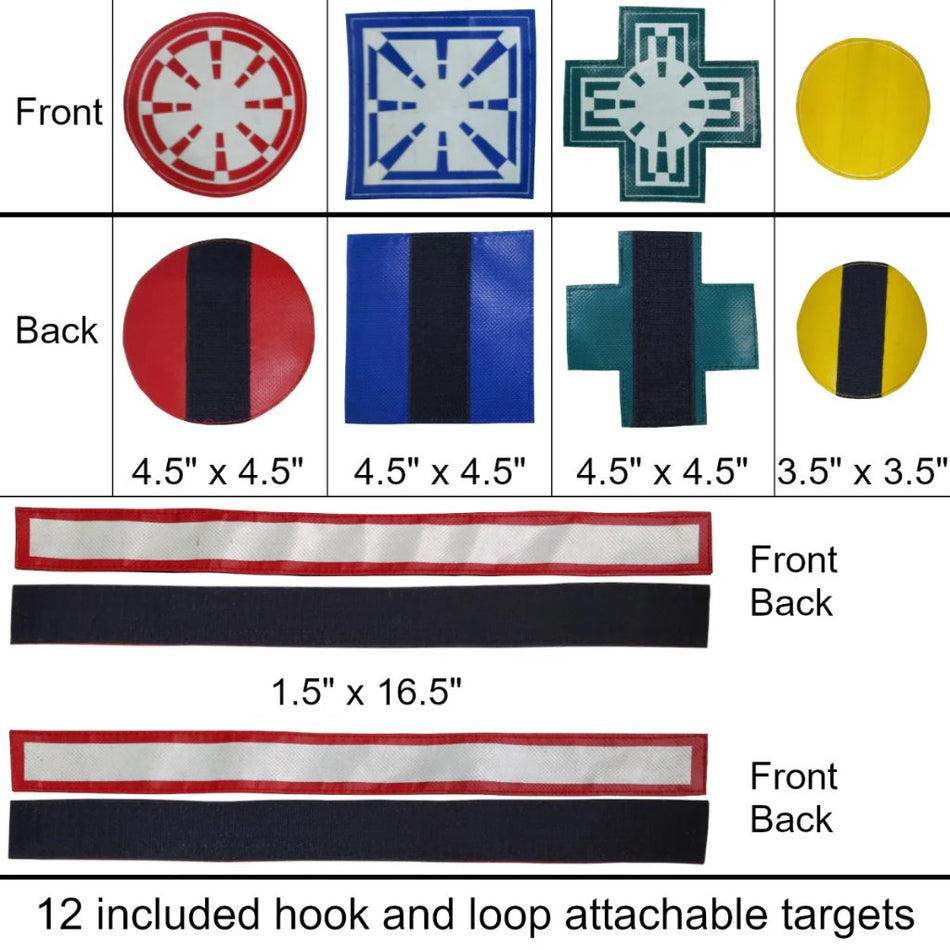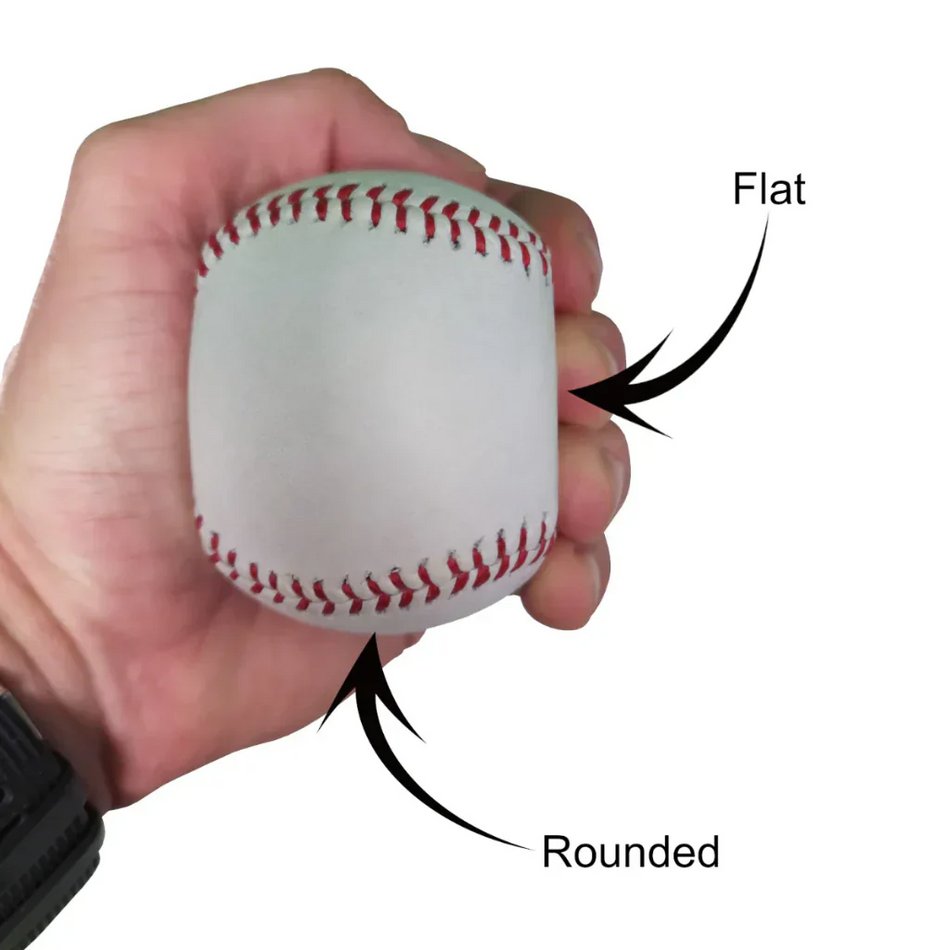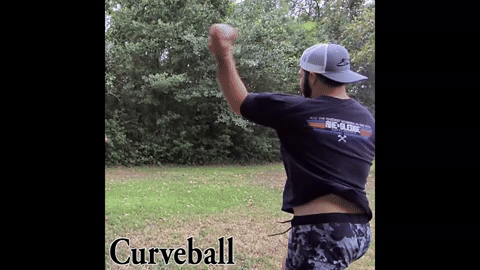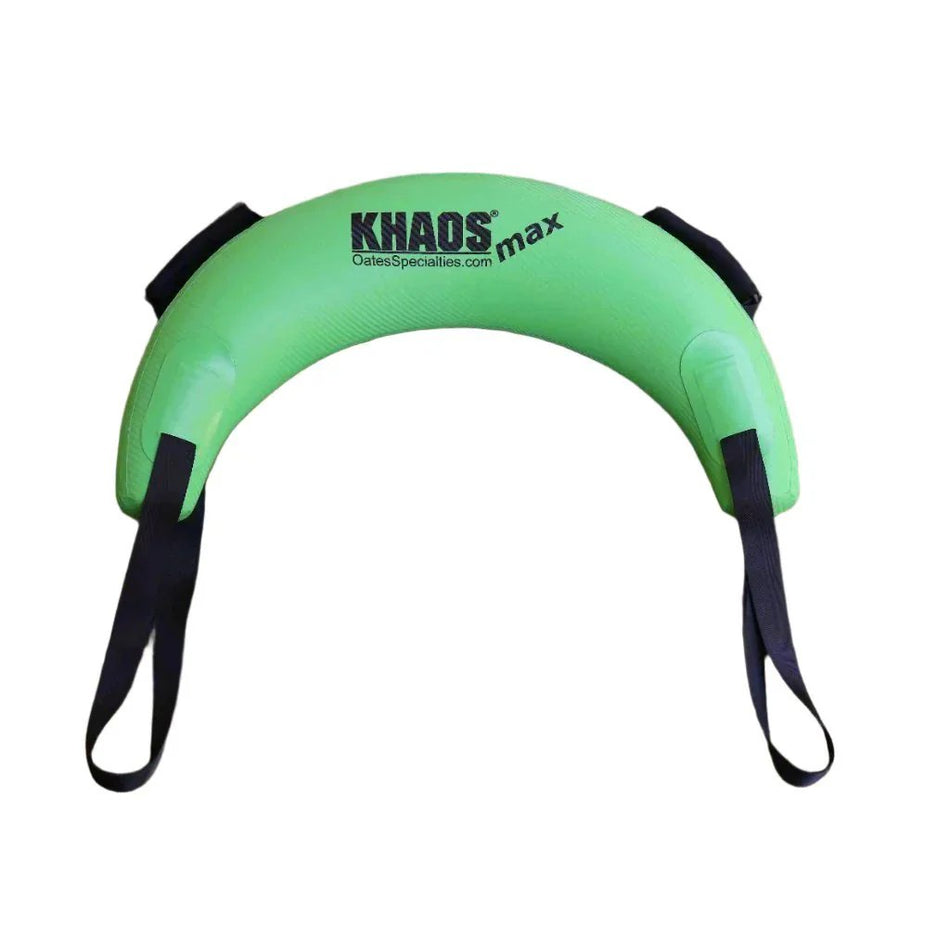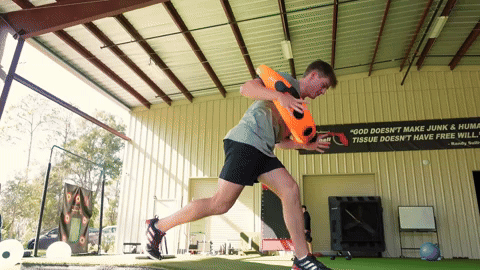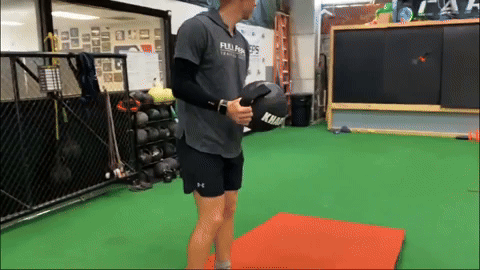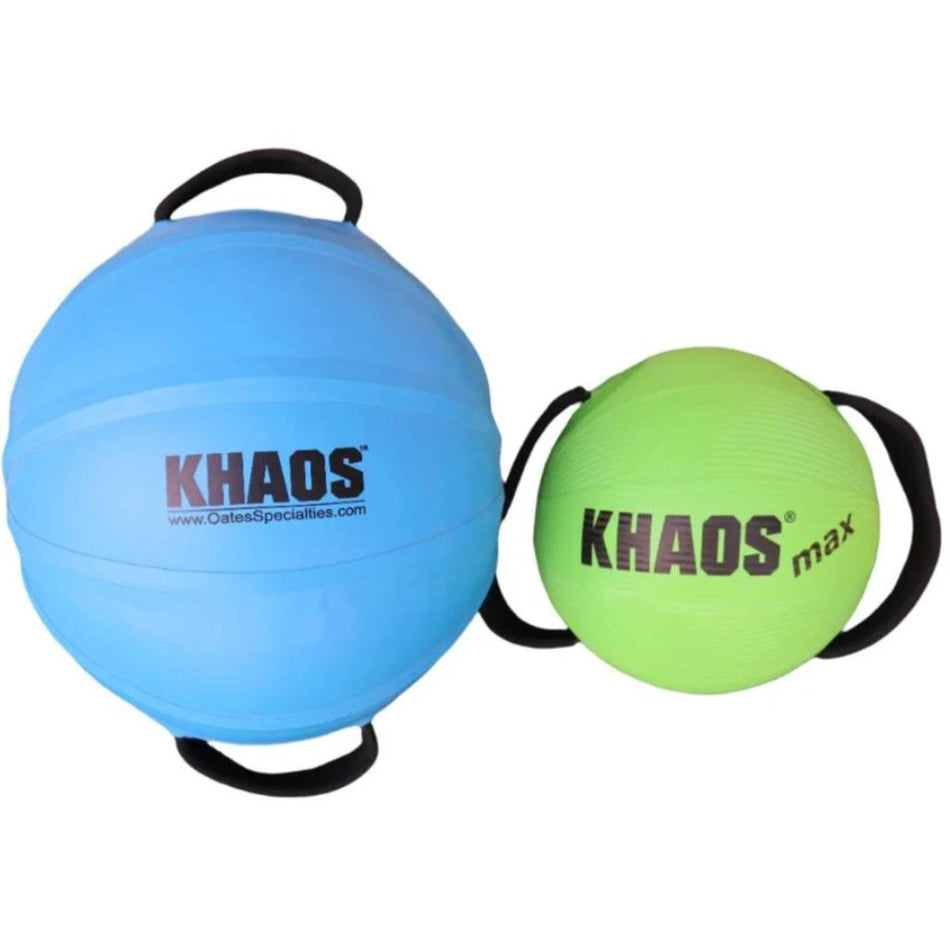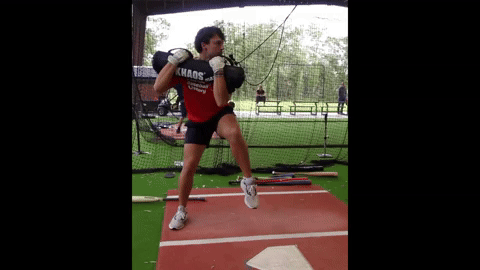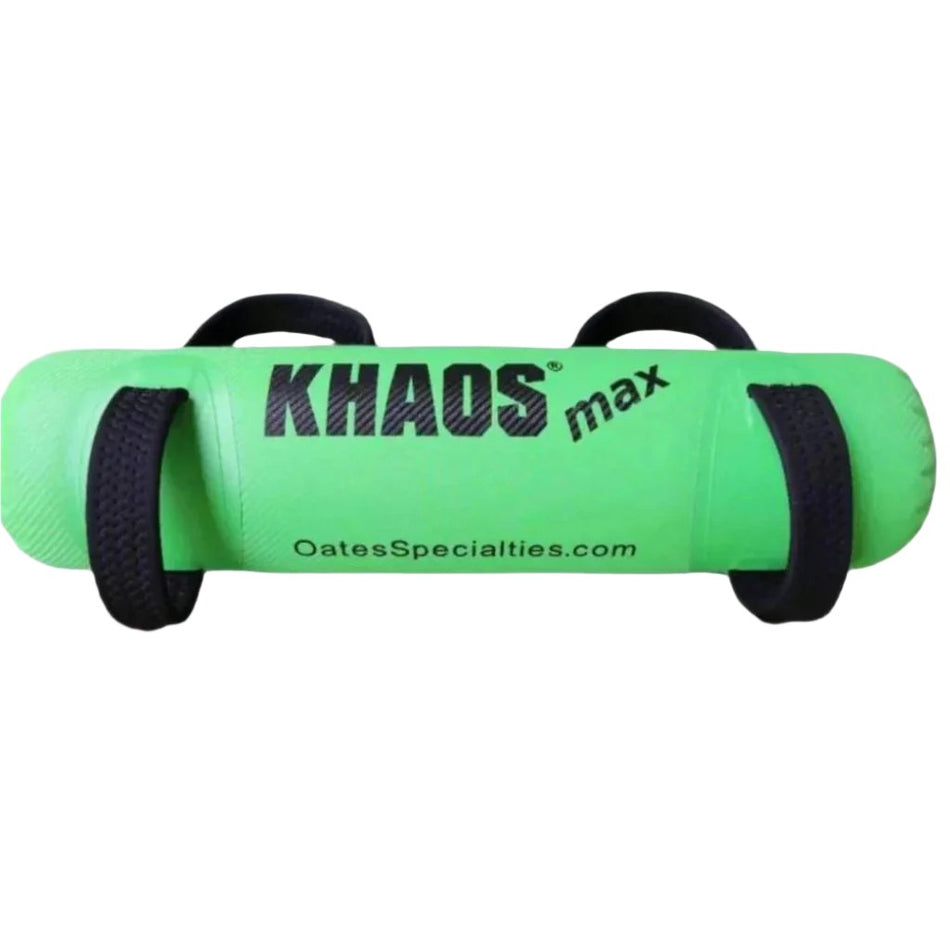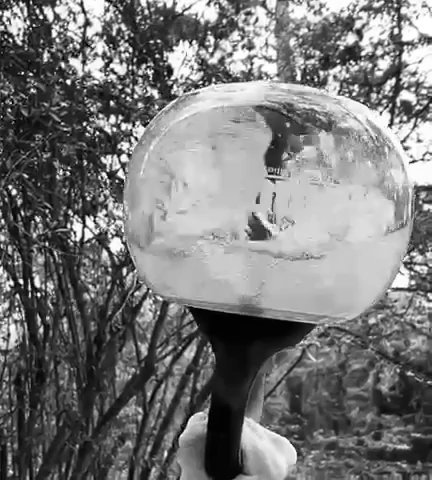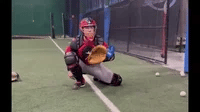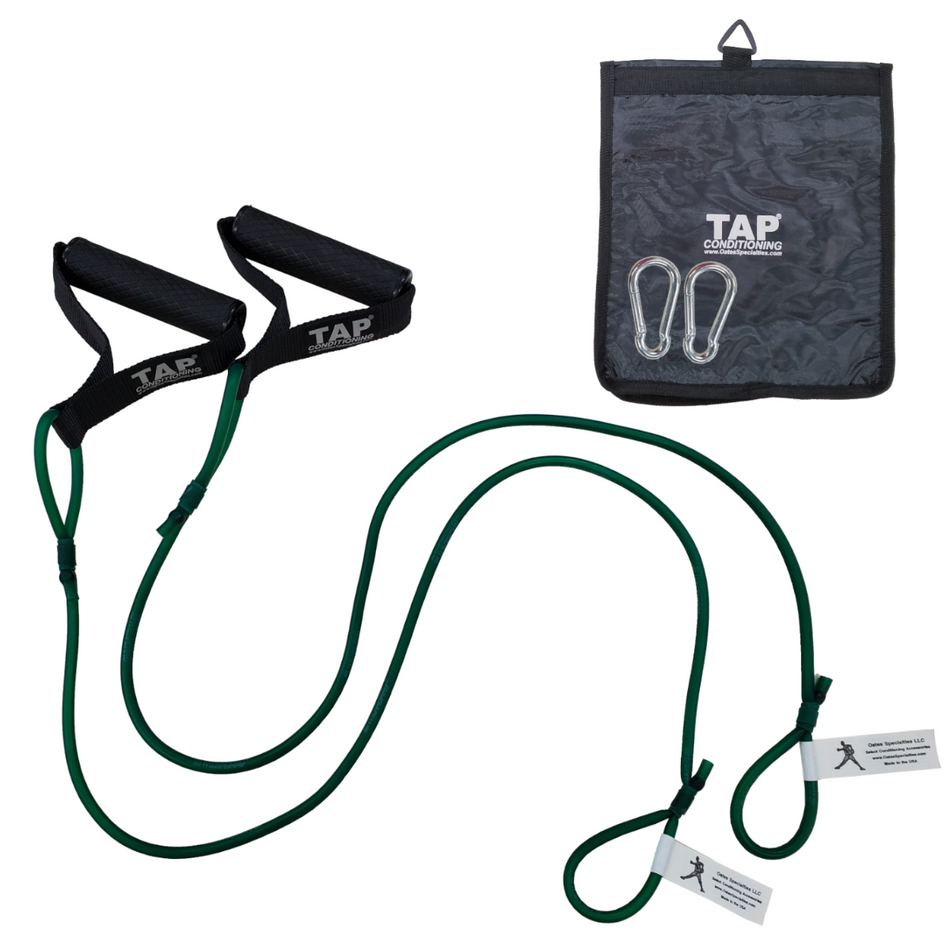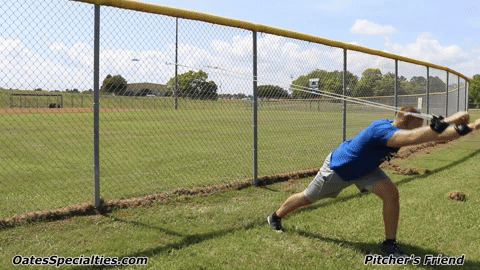Objective measurement. Those two words are extremely important if you are seeking to enhance your skill and ability in any sport. What do I mean by them exactly? I'm talking about athletes measuring and recording everything they do. This idea is certainly nothing new in regards to athletics. For decades coaches have been timing 40 yard dashes, recording the amount players are able to lift in the weight room, and all sports keep statistics. However, this is only brushing the surface of what I mean by measuring.What I am referring to is measuring more than just an athlete's performance in games, or a player's speed or strength once every few months. I mean keeping a daily recording of any and all activities an athlete does in preparation for their sport. How do you measure all of the different activities an athlete does in practice and workouts? Its not as difficult as you might think.
Only a few instruments are necessary to record just about everything an athlete does. The primary devices are a stop watch, a countdown timer, a tape measure, and a radar gun. All of these items are relatively inexpensive (around $30 or less) excluding the radar gun. However, most baseball programs have one so all you need is to get permission to borrow it.
The benefits of measuring and recording what you do is tremendous. First and foremost you will have a record of all the activities you've done along with the results from those exercises. You will then be able to compare your numbers with those of your teammates and in some cases with players from around the country to give an indication as to where you stand (such as in velocity, running times, or weight lifting). The most important reason to objectively measure yourself is to have a specific goal to aim for at every activity every single day. The only way to make sizeable gains on a consistent basis in practice is to push your body past its previous best, day in and day out. It is impossible to do this if you have no clue what you are capable of.
For example, I can't tell you how many times I've asked a baseball player how far he can long toss and get the response, "I don't know." Or ask a player how fast they run the 40 or 60 yard dash and they respond, "Well last year" or "a few years ago I ran this." These athletes certainly haven't been pushing their bodies to throw further or run harder as efficiently as possible because they don't know what they are capable of to begin with. The same is true for agilities, medicine ball work, pop times for catchers, time it takes to get to first base for hitters, velocities from certain drills for pitchers (torques, step behinds, etc.) and the list goes on. Each of these activities can be improved more quickly if the current time, velocity, or number of reps from a drill is recorded and the athlete repeatedly strives to break it and set better times, velocities, and reps. Just imagine the number of times an athlete will break his newest record best in the course of a year and as a result the amount of improvement the player will see.
In order to improve your athleticism and specific ability in your sport you will be doing yourself a huge favor by taking the time to measure and record what you do. It's no wonder All-Stars such as Greg Maddux, Curt Schilling, and Alex Rodriguez are fanatics when it comes to keeping track of their performance in practice and games. Or elite programs like Vanderbilt keep such detailed measurements they know each of their position players average time from the dugout to their position (not to mention an array of other data which most of us have never even thought to measure).
I will leave you with something that Pitching Coach Ron Wolforth, who is known as one of the leaders in objective measurements of baseball skills, often says to his pitchers when they are wanting to improve in a certain area:
"If you want to improve something...measure it!"
Brian Oates
twitter: @oatesspecialty
Check out our new site: www.chaintraining.com



